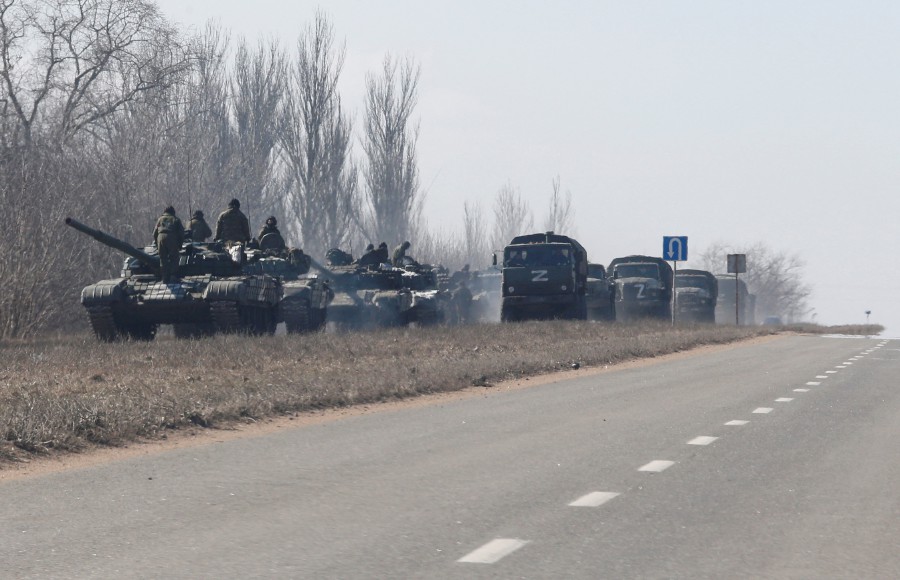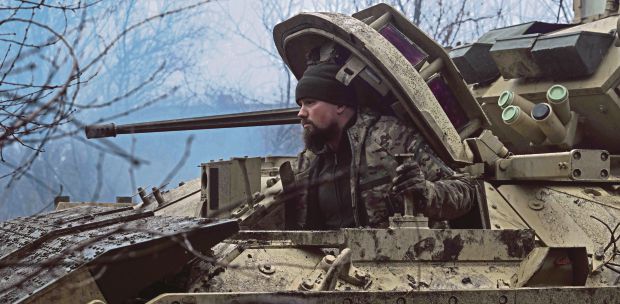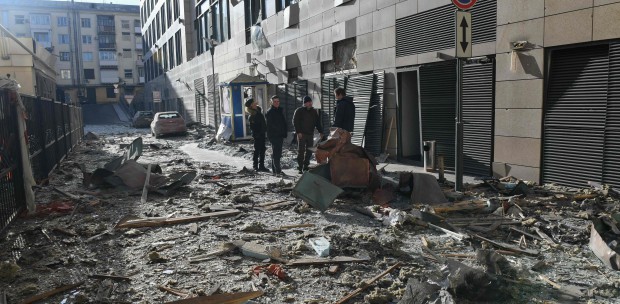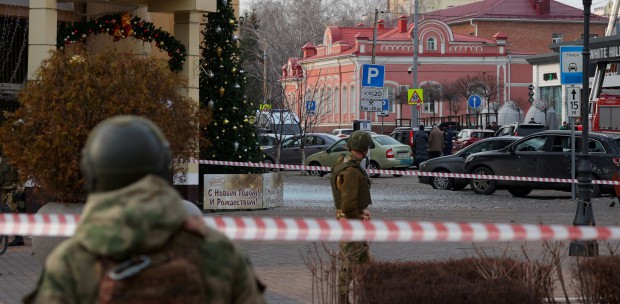In my opinion, one must not examine the Russia-Ukraine war from the contemporary international relations. It is crucial to look at it through historical, cultural, and geostrategic perspectives.
This view is greatly shaped by my own experience while working in Russia, and countries in Central Asia and South Caucasus from 1991 to 2010.
My first business with the former Soviet Union was in August 1991. Russian Far East, where about 6.2 million people inhabit in 6.95 million square kilometers (about 21 times larger than our homeland), like every region and republic in the USSR was devastated by the collapse of the command economy.
It was the consequence of Perestroika (reformation) and Glasnost (openness) directly linked with Gorbachev.
Because of the destitute, local governments in Russian Far East wanted huge number of investments from Japan. I and my team were asked how Russian Far East can attract Japanese investors.
Sadly, our host did not have any socioeconomic statistics for us to analyse the economic conditions in Russian Far East. We were given anecdotal evidence, which was not helpful at all.
After spending five days of unfruitful discussion, our team decided to help Russian Far East to compile a statistical yearbook. It took us three years to complete the Russian Far East Statistical Yearbook in Russian and Japanese.
In these three years, I learned a lot of Russian economy, social and culture.
Partly because of this project, I expanded my wings from Russian Far East to Moscow, Saint Petersburg, Almaty, Bishkek, Tashkent and Samarkand, Ashgabat, Dushanbe, Baku, Yerevan, and Tbilisi from 1994 to 2010.
My task was to lead a multinational team of economists to work with our peers in Russia, Central Asia and South Caucasus in building their capacity to shift to market-based economic systems.
Our journey of 15 years was bumpy. These countries were and still are outstanding in natural sciences. In those days, they can build a large variety of sophisticated armory, but they could not assemble electrical appliances, automobiles, computers and other consumer durable goods.
One day, our target beneficiaries said "Da ponyal (Yes, understand)". But next day, they said "Ya ne ponimayu (I don't understand)". "Khorosho (good)" and "Nekhorosho (not good)" were the most used vocabularies in our discussions!
Russian language seems easy to learn, but its grammar is more difficult for Anglophone. In the 19th Century, Britons lost to Imperial Russia in the Great Game. Just like chess, Britons were either deceived or misunderstood Russian language.
I must caution that our experience by no means suggests the end game of the Russia-Ukraine war is a zero sum.
We need to deepen our understanding of Russians' aspiration to bring their soft power to the table. This is important because Russophone population is more than 270 million, the same as Indonesia.
Fiona Hill of the Brookings Institution articulates that the scale of Russian business in TV and films, music and dance, fashion, computer and internet software, food and beverages, and the like is deep and wide.
This is part and parcel of Russian soft power. Hence, it is fair to say Putin has huge interest in pushing and expanding the sphere of Russian soft power.
This in and of itself is laudable. Many keen observers outside Russia and its orbit are concerned Putin might wrongly use Russian soft power for acquiring more satellite states in other parts of the globe.
Motherland is the symbol for Putin. Many analysts underline that Putin uses this symbol for legitimising his power to enlarge territorial unity of politics, foreign policy, economic, social and cultural spheres. I can agree, but I am uncertain if Motherland can de-escalate the Russia-Ukraine war.
In my view, presently there is no best solution to end the Russia-Ukraine war. A prolonged war certainly is not a good business. Just as
crucial, the Russia-Ukraine war must not trigger another war nearby or beyond.
Mediation is not impossible but difficult. International community must at least invite Putin to sit at the same table to talk more of Russian soft power.
The invitation does not assure the end of the war, but at least, in my view, it gives positive hope of ending it.
The writer is a professor at Reitaku University, Tokyo, and has been teaching Southeast Asian studies, international economics, integration, development economics and Asian economy since 1983.






